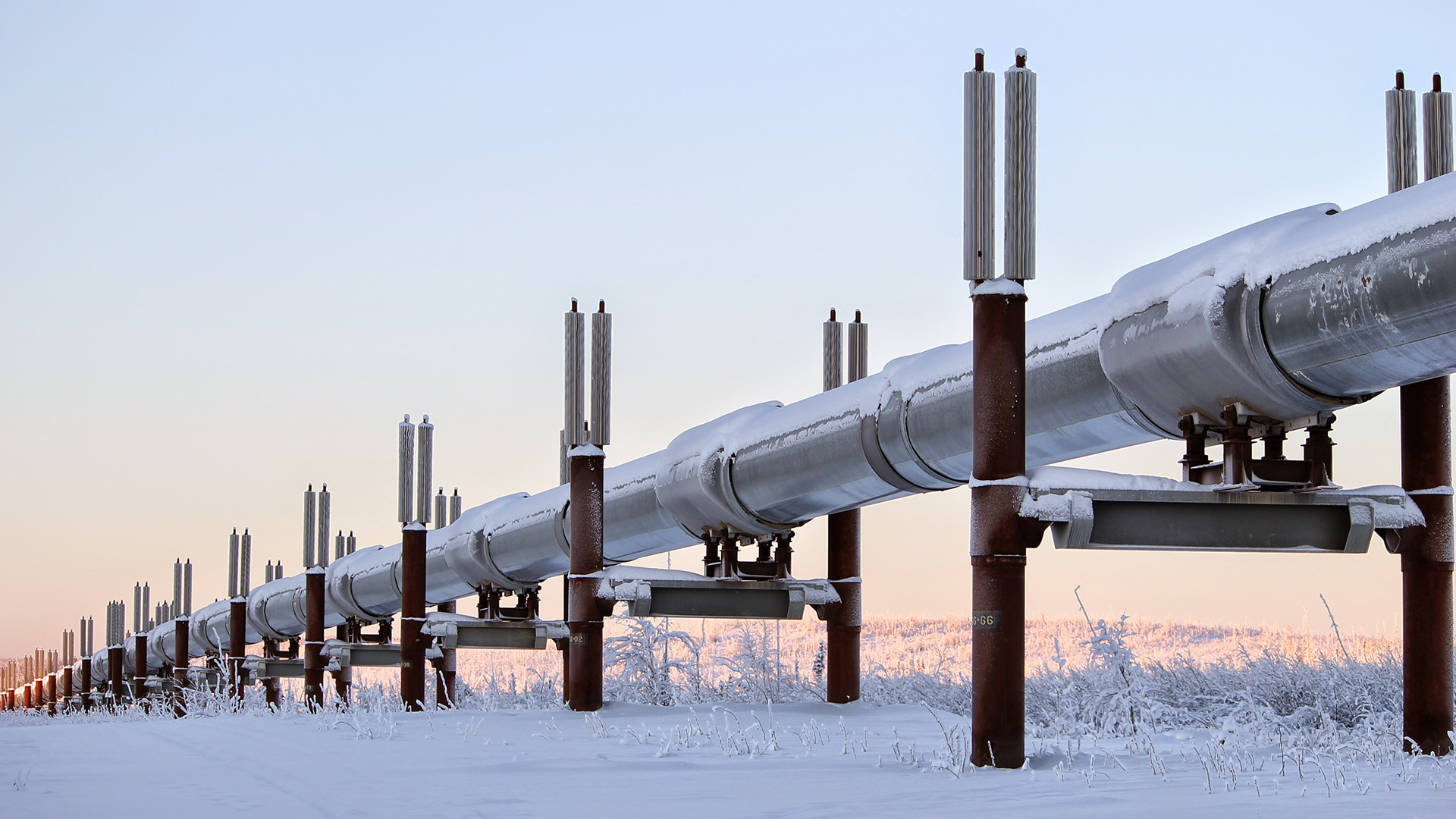On the online opinion pages of The Oregonian, David Holt explores why west coast states will benefit the most if the U.S. utilizes Alaska energy resources.
Why Oregonians should support Arctic oil extraction: Guest opinion
Guest Columnist
April 13, 2014
By David HoltEarlier this year, President Barack Obama declared that the U.S. produced more oil than it imports for the first time in 20 years. Indeed, the Energy Information Administration (EIA) recently reported that U.S. crude oil production rose to the highest level in almost 26 years, which allowed the U.S. to meet 86 percent of its energy needs in the first 11 months of 2013, the highest level since 1986.
While this progress certainly provides American energy consumers with news to celebrate, it should not be reason for unqualified optimism and certainly does not hold true for West Coast states. In fact, the U.S. still imports petroleum – especially the nation’s Western states such as Oregon. Net imports of oil in the western United States have skyrocketed, from 11.2 percent in 1988 to 42.1 percent in 2012, despite a reduction in overall consumption.
The region’s own reserves were able to meet the needs of its dense population of energy users in the 1980s. Yet today’s lack of exploration and declining returns on existing wells have tilted the region’s dependence towards oil from foreign sources, oftentimes from unstable sources of oil. In fact, dramatic decreases in Alaskan and California crude production over the past several years have forced West Coast refineries to look overseas for their supply – and increasingly from places like the Middle East and Russia.
According to the EIA, Oregonians spend more than $9 billion on petroleum products each year. Energy consumption in Oregon continues to increase, but Oregon only produces about one-third of the energy it uses. Oregon, unlike other Western states, lacks refineries and internal crude oil resources and imports 100 percent of its petroleum. The state has therefore been highly dependent on the Trans-Alaska Pipeline System (TAPS) and would be highly vulnerable should the pipeline cease operation. More than 80 percent of the crude oil eventually used in Oregon originates in the Alaska North Slope oil fields.
However, there is concern that continued regulatory obstacles will prevent known energy sources from coming on-line in the near future to ensure TAPS supplies and, more importantly, safe and abundant supplies for Oregon and other West Coast states. It hasn’t always been this way. The 800-mile pipeline has served the nation well since its inception in 1977 by helping to safeguard U.S. energy security.
In fact, in 2011, a brief closure of the Alaskan pipeline scuttled shipments of Alaskan crude to refineries in Washington and California. How did refineries make up the difference? They imported Russian crude.
With the vast majority of Alaskan oil feeding into West Coast refineries, it is critical to keep the TAPs pipeline flowing for the benefit of the entire United States — and especially for Oregon’s energy consumers.
Fortunately for Oregon’s consumers, Alaska – particularly its offshore areas – contains some of the largest untapped reserves in the world. So it’s disappointing that the U.S. continues to import about 45 percent of its oil when it is estimated that the Chukchi and Beaufort Seas reserves hold an estimated 23.6 billion barrels of oil and 104.4 trillion cubic feet of natural gas. This is nearly enough oil to fuel Oregon – which consumes nearly 65 million barrels of oil a year – for 365 years.
With responsible energy development, resource exploration in the Arctic will provide more reliable and affordable energy and an opportunity for the United States to grow jobs and enhance its national security. Energy development is crucial for the future of the West Coast and the pipeline. The U.S. should be a leader, not a follower, in establishing sustainable development of Arctic energy – for its own energy security and national security.
If California, Oregon and Washington are going to spend $267 million per day on oil, wouldn’t we rather it come back here to Alaska and the United States? Alaskan energy production is extremely critical to the economic health of Oregonians and should be revitalized.
David Holt is president of the Consumer Energy Alliance
The oped was originally published at: http://www.oregonlive.com/opinion/index.ssf/2014/04/why_oregonians_should_support.html
